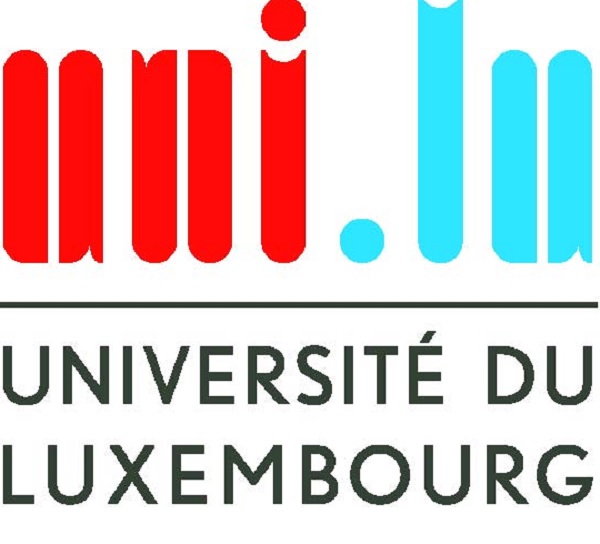
The ability to reproduce experiments and test their results is one of the fundamental links in the chain of meaningful scientific research and development, yet it has become mired in the increasing complication of the datasets and complex tools needed to analyse them. To help simplify the process, scientists from the Luxembourg Centre for Systems Biomedicine (LCSB) of the University of Luxembourg have now developed a new bioinformatics tool that will make the analysis of biological and biomedical experiments more transparent and reproducible.
The tool, called IMP, was developed under the direction of Professor Paul Wilmes, head of the LCSB group Eco-Systems Biology, in close cooperation with the LCSB Bioinformatics Core.
IMP preserves the programs used to analyse data at the outset of their experimentation process, so that the same program can be used to conduct subsequent analyses
According to the university, biological and biomedical research is being inundated with a flood of data as new studies delve into increasingly complex subjects – like the entire micro-biome of the gut – using faster automated techniques allowing so-called high-throughput experiments.
As a result, experiments that not long ago had to be carried out laboriously by hand can now be repeated swiftly and systematically almost as often as needed, yet analytical methods for interpreting this data have yet to catch up with the trend.
“Each time you use a different method to analyse these complex systems, something different comes out of it,” says Professor Wilmes.
Moreover, many laboratories use their own computational programs, and these are often kept secret. The computational methods also change, sometimes simply due to a new operating system.
“So it is extremely difficult, and often even impossible, to reproduce certain results at a different lab,” Wilmes explained. “Yet, that is the very foundation of science: an experiment must be reproducible anywhere, any time, and must lead to the same results. Otherwise, we couldn’t draw any meaningful conclusions from it.”
Hoping to rectify this situation, scientists at LU launched an initiative called R3 — Reproducible Research Results — with the aim of enabling scientists around the world to increase the reproducibility and transparency of their research through systematic training, through the development of methods and tools, and through establishing the necessary infrastructure
A paper describing the tool has been published in the open access journal Genome Biology, and the tool is available to researchers online: http://r3lab.uni.lu/web/imp/.








